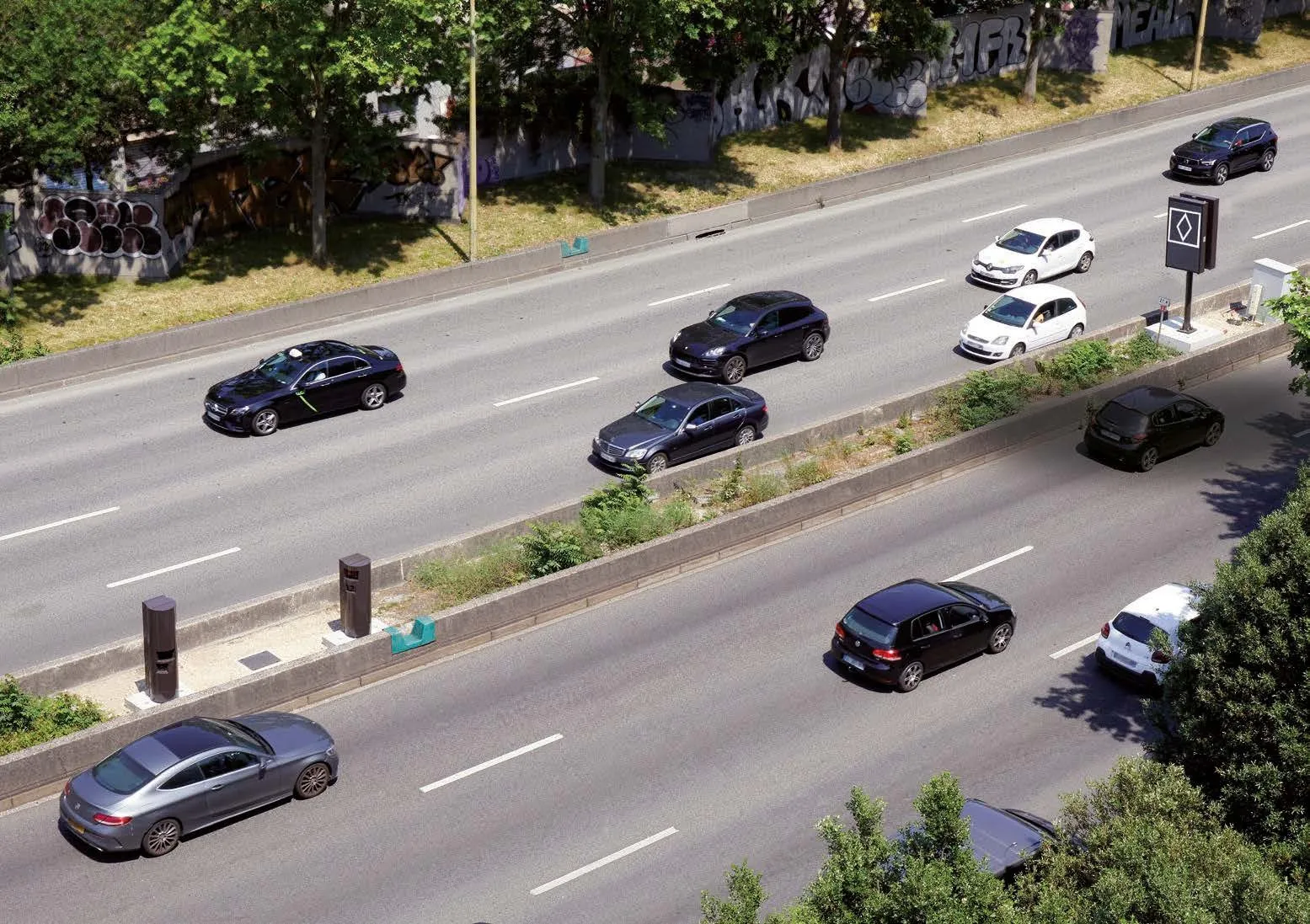Sensys Traffic and the Swedish Transport Administration have signed multi-year contracts estimated to be worth up to US$82.5 million, and at least US$16.5 million for the delivery of monitoring systems and roadside cabinets for traffic safety cameras. Sensys won procurement contracts for measurement systems and measurement cabinets earlier this year. The procurement process was appealed, but following a subsequent decision of the Administrative Court, Sensys and the Swedish Transport Administration have now
July 11, 2013
Read time: 2 mins
Sensys Traffic won procurement contracts for measurement systems and measurement cabinets earlier this year. The procurement process was appealed, but following a subsequent decision of the Administrative Court, Sensys Traffic and the Swedish Transport Administration have now signed contracts for the equipment. The contracts cover a period of three years, with the possibility to extend up to a further six years. Service and maintenance contracts may be extended by a further five years after the initial six years.
"The contracts mean that we have become overall supplier, and thereby a partner of the Swedish Transport Administration within the area of traffic safety. This in turn significantly strengthens our market position and provides us with a solid platform to expand our international business within both systems and service," says Johan Frilund, CEO of Sensys Traffic.
The Swedish Transport Administration will replace 700 existing cameras during the first three years of the contract. A further 400 cameras are expected to become obsolete during the same period and may be replaced.
Sensys Traffic has also received orders valued at US$450,000 for speed and red light enforcement systems from two new customers in the Middle East, about which Frilund says, "Our international work on the traffic safety side continues, and it is very gratifying that our products can now be seen at two new customers in a region where we have generally established a strong foothold.”








